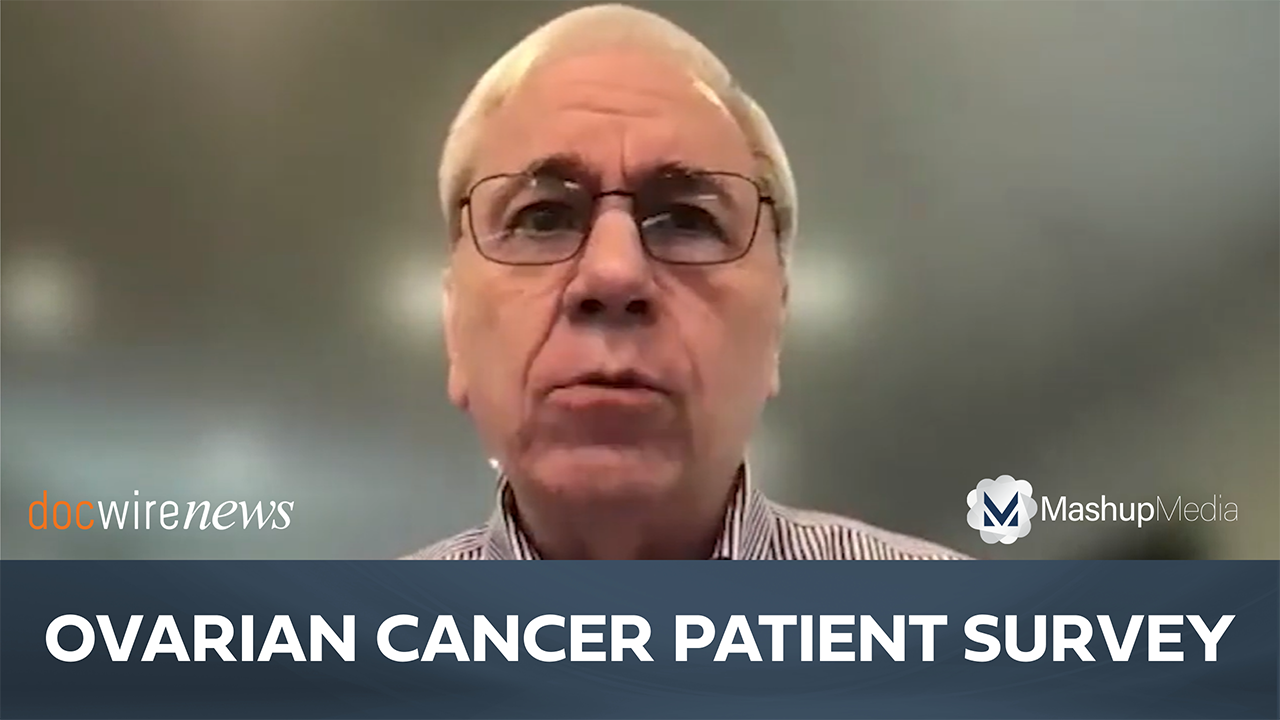
According to a new study, population-wide screening for genetic variants linked to hereditary breast and ovarian cancer is beneficial and cost effective for women between 20 and 35 years old, though benefits were diminished for women over the age of 50.
This study was published in JAMA Network Open.
In this decision analytical model study, the investigators compared outcomes of population screening for hereditary breast and ovarian cancer (HBOC) in an unselected population of previously undiagnosed women, compared with no population screening. Genetic risk variants included BRCA1, BRCA2, ATM, CHEK2, MSH6, PALB2, RAD51C, and TP53.
Results showed that population screening of 30-year-old women resulted in 75 fewer cancer cases per 100,000 women (95% credible range [CR], 60-90), with 138 additional cases of early-stage cancer but 214 fewer cases of late-stage cancer. Compared with family history-based testing only, population screening for this age group was associated with 288 additional quality-of-life years (QALYs) per 100,000 women (95% CR, 212-373), at an incremental cost effectiveness ratio (ICER) of $87,700.
In contrast, population screening for 45-year-old women was associated with 24 fewer cancer cases per 100,000 women (95% CR, 18-29), with 159 additional cases of early-stage cancer but 183 fewer cases of late-stage cancer. Population screening added 97 QALYs per 100,000 women (95% CR, 66-130 QALYs), with an ICER of $268,200.
The researchers also assessed whether “cascade” benefits of population screening occurred, in which women identified at risk shared the information with relatives. Cascade screening did not fundamentally impact clinical and economic outcomes. While 70% of genetic carriers informed their family members, only 20% of relatives were assumed to undergo testing. Regardless, the investigators recommended cascade testing where feasible.
According to the researchers, additional research is needed to understand the impact on women who test negative for genetic risk variants to determine whether they follow through on recommended screenings later. They also noted that additional data is warranted regarding the impacts of diversity and disparity for underserved populations, such as African American women.







 © 2025 Mashup Media, LLC, a Formedics Property. All Rights Reserved.
© 2025 Mashup Media, LLC, a Formedics Property. All Rights Reserved.